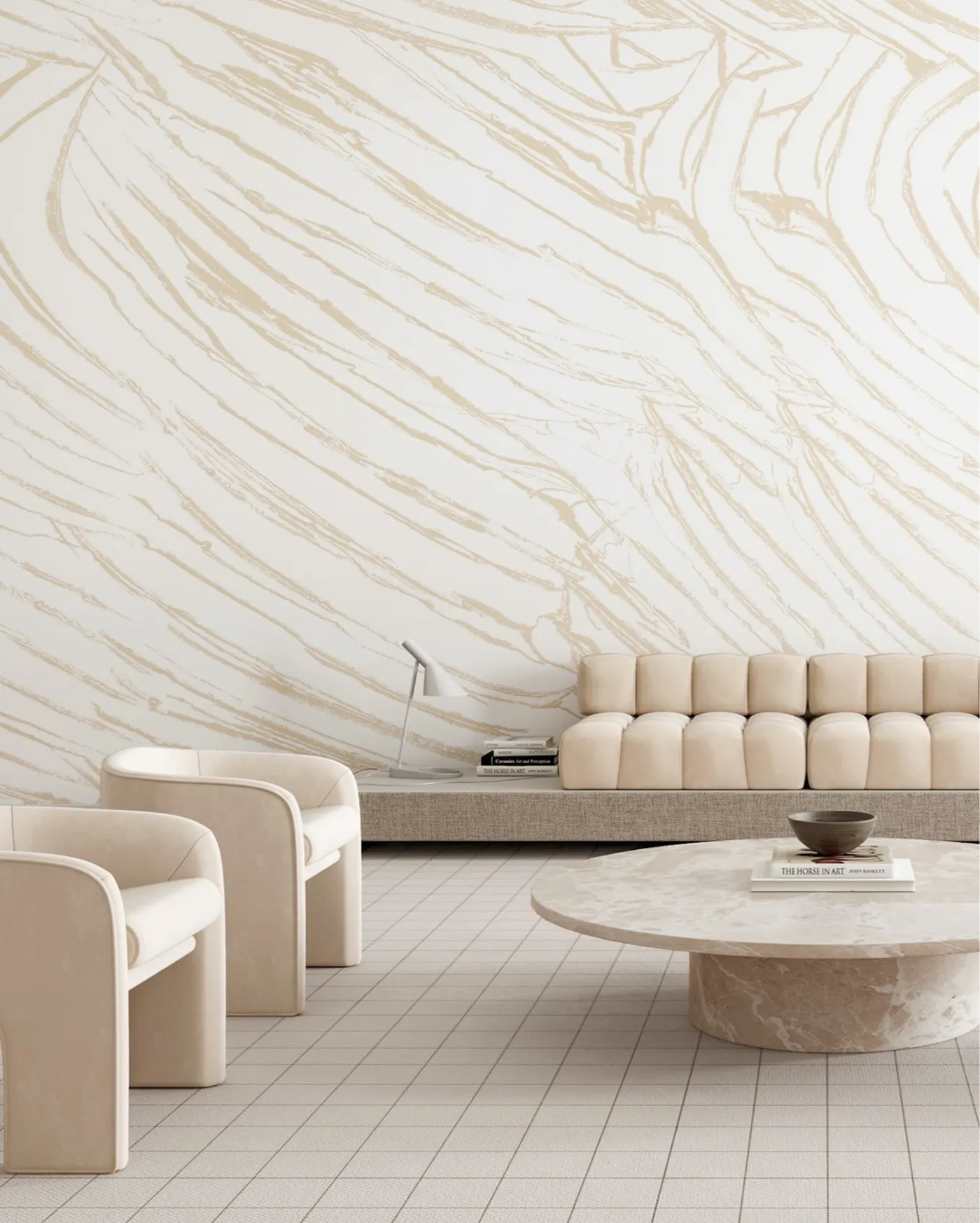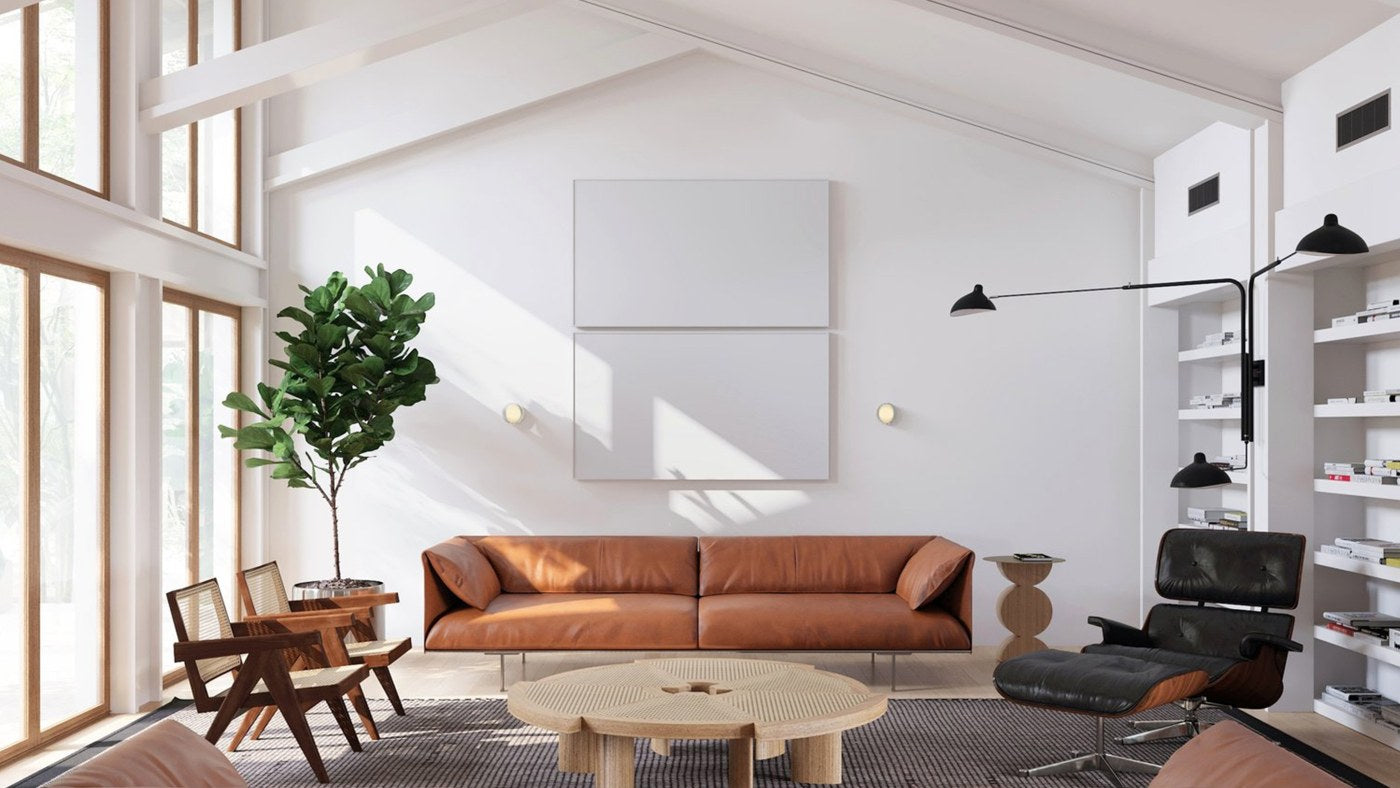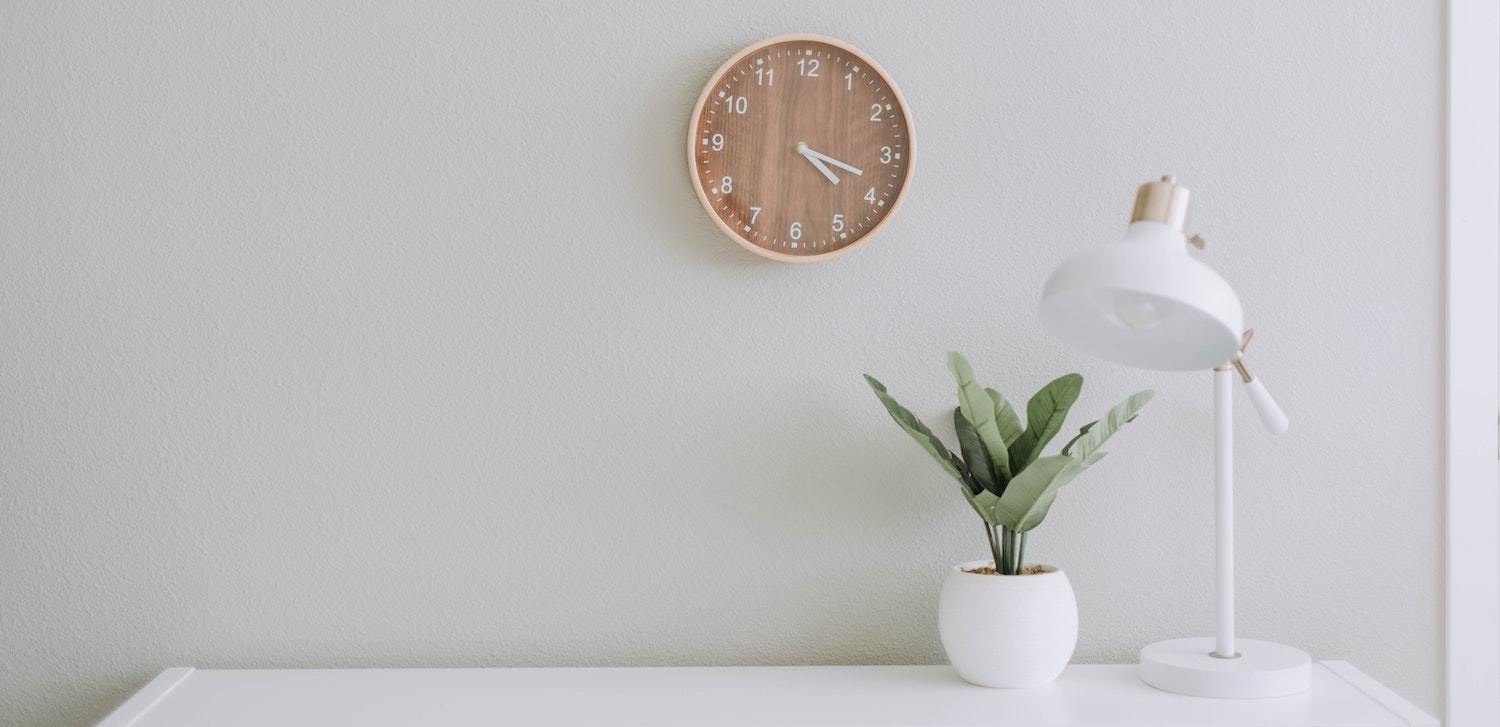Recognizing Minimalism: Approaches for Minimizing Mess and Enhancing Clarity in Everyday Living
Minimalism is increasingly recognized as a practical approach to improving clarity and focus in today's messy globe. By methodically examining our belongings and focusing on intentionality, we can produce spaces that not just mirror our values however additionally promote mental wellness. Employing techniques such as the "Four-Box" strategy can facilitate a much more organized setting, yet truth challenge depends on growing a minimalist attitude that sustains these initiatives. Discovering the subtleties of this approach may disclose unusual understandings into exactly how you can change your life. When you accept this willful simpleness?, what might you discover.
Specifying Minimalism and Its Benefits
Defining minimalism includes understanding it as a lifestyle selection that highlights simplicity and intentionality in both daily regimens and physical possessions. At its core, minimalism motivates people to prioritize what truly matters, enabling a much more meaningful and concentrated presence. By removing the non-essential, minimalism welcomes people to involve deeply with their experiences and surroundings.
It promotes psychological quality, as reducing mess in one's environment can lead to reduced diversions and tension. Minimalism promotes financial flexibility; by prioritizing requirements over desires, people can make more educated investing in choices, leading to possible cost savings and decreased debt.
Eventually, minimalism is not just about worldly decrease but entails an alternative change in perspective, promoting a life identified by equilibrium, gratification, and purpose. Embracing this way of living can lead to profound modifications in exactly how individuals view and engage with the globe around them.
Evaluating Your Existing Mess
Mess typically manifests as an overwhelming build-up of products that no longer offer an objective, producing an obstacle to attaining a minimalist way of life. To effectively evaluate your present clutter, it is necessary to embrace a systematic approach. Begin by recognizing the locations in your living room that really feel overwhelming or chaotic. Bear in mind of particular groups of products, such as garments, books, or kitchenware, as this will certainly aid you understand the extent of the mess.

Furthermore, consider the frequency of use for each item. If something has actually not offered an objective in the previous year, it may be a candidate for elimination. This assessment will not just clarify your partnership with your properties yet will certainly additionally set the structure for efficient decluttering in the future. Inevitably, understanding your current mess is an essential action toward embracing minimalism and boosting clarity in your day-to-day living.

Practical Decluttering Techniques
Having examined your existing mess, the following step is to execute useful decluttering strategies that assist in a more organized living room. Minimalism. One reliable technique is the "Four-Box" strategy, where you mark four boxes labeled: maintain, contribute, trash, and relocate. This approach encourages fast decision-making and guarantees products are categorized appropriately
Another strategy is the "One in, One out" regulation, which specifies Visit Your URL that for every single brand-new product acquired, an existing product should be gotten rid of. This concept assists preserve equilibrium and protects against build-up gradually. Additionally, consider the "30-Day Minimalism Video Game," where you eliminate one thing on the first day, 2 on the second, etc, cumulatively promoting a feeling of success.
For those that have problem with psychological accessories to belongings, the "Sentimental Value" approach can be advantageous. Limit on your own to a particular number of valued things, allowing you to value their significance without overwhelming your space. Develop a routine decluttering timetable, whether regular monthly or seasonally, to keep a clutter-free environment. By utilizing these strategies, you can create an extra calm and efficient home, ultimately improving clearness in your everyday life.
Producing Deliberate Areas
Developing willful rooms entails a thoughtful approach to how we layout and organize our environments, making sure each location offers a details purpose and shows our values. This practice is necessary in growing a sense of clearness and function in our lives. By critically examining the feature of each space, we can eliminate disturbances and boost our general wellness.
To develop intentional spaces, start by recognizing the main activities that will certainly happen in each area. As an example, a home workplace need to be developed to promote efficiency, integrating aspects such as appropriate illumination, comfortable furnishings, and very little diversions. In contrast, a leisure area should advertise tranquility, featuring calming colors and comfy seats.
Furthermore, think about the psychological effect of your surroundings (Minimalism). Integrating individual things that reverberate with your values, such as art work or plants, can boost the connection to your room. Routinely review these environments to guarantee they look at these guys proceed to serve their intended objective as your demands progress
Ultimately, producing intentional areas has to do with making conscious options that straighten with your way of life, advertising harmony and performance in your living and working settings.
Maintaining a Minimalist Frame Of Mind
Embracing a minimalist state of mind calls for ongoing representation and intentionality in our actions and thoughts. This method entails cultivating understanding of our worths and priorities, allowing us to filter diversions and concentrate on what truly matters. To preserve this mindset, routine self-assessment is essential. Allot time to examine your commitments, ownerships, and also electronic content, guaranteeing they line up with your core concepts.
One more key strategy is to exercise appreciation. Recognizing what you already possess fosters satisfaction and lowers the wish for excess. This shift in viewpoint urges recognition for simplicity, enhancing total wellness. Incorporating mindfulness strategies, such as reflection or journaling, can further strengthen a minimalist state of mind by promoting quality and lowering psychological mess.
In addition, develop limits to protect your energy useful site and time. Learn to claim no to non-essential obligations and interruptions that do not contribute to your individual growth. Surround on your own with similar individuals that support your minimal journey, as shared worths can improve inspiration and liability.
Conclusion
In conclusion, welcoming minimalism offers considerable advantages, consisting of minimized mess and enhanced clarity in daily life. The principles of minimalism serve as valuable tools for growing a setting that sustains individual development and wellness.

In addition, think about the "30-Day Minimalism Video Game," where you get rid of one product on the initial day, two on the 2nd, and so forth, cumulatively cultivating a sense of accomplishment.
In conclusion, welcoming minimalism uses substantial benefits, consisting of lowered mess and enhanced clarity in everyday life.